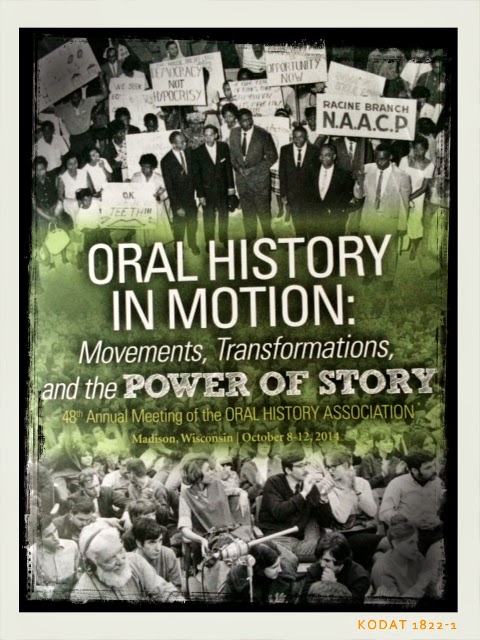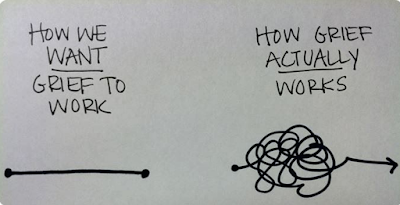Affective Practices and the Trauma of Ordinary and Extraordinary Life
I've been doing some more reading in this great book in which I had the chance to include a chapter.
It's made me want to generalize a little about emotion and affect in heritage -- to take some lessons away from the work I did for the book and try to apply it more generally.
I see it this way:
Affective practices simply refuse to be contained within binary frameworks like before/after, war/peace, public/private and us/them and insist on the traces that link ordinary and everyday experiences to histories of conflict. Bodies interrupt discourses as well as participate in them. Visitors, bystanders and participants in heritage practices may confirm, deny or, in this case, simply complicate the goals of heritage in the present.
I see it this way:
Affective practices simply refuse to be contained within binary frameworks like before/after, war/peace, public/private and us/them and insist on the traces that link ordinary and everyday experiences to histories of conflict. Bodies interrupt discourses as well as participate in them. Visitors, bystanders and participants in heritage practices may confirm, deny or, in this case, simply complicate the goals of heritage in the present.
My work here was in post-conflict societies. Many post-conflict heritage projects aim to explore
and expunge emotional burdens associated with histories and heritages shaped by
conflict and forged in violence. But I really think that we need projects that can make possible a shared
reckoning with emotions that defy easy and neat boundaries and refuse to be
contained within binary frameworks like before/after, war/peace, public/private
and us/them.
Through our complex emotional engagements in these spaces, we must insist on the integrity of those traces that link ordinary and everyday
experiences to their histories of conflict. In turn, the incalculable complexity that accompanies a
reckoning with personal, political, social and cultural inheritances might bring about
a more diverse and engaged public heritage that transcends ideology, situates
injury as myriad and collective and encourages compassion towards self and
others.










Comments
Post a Comment